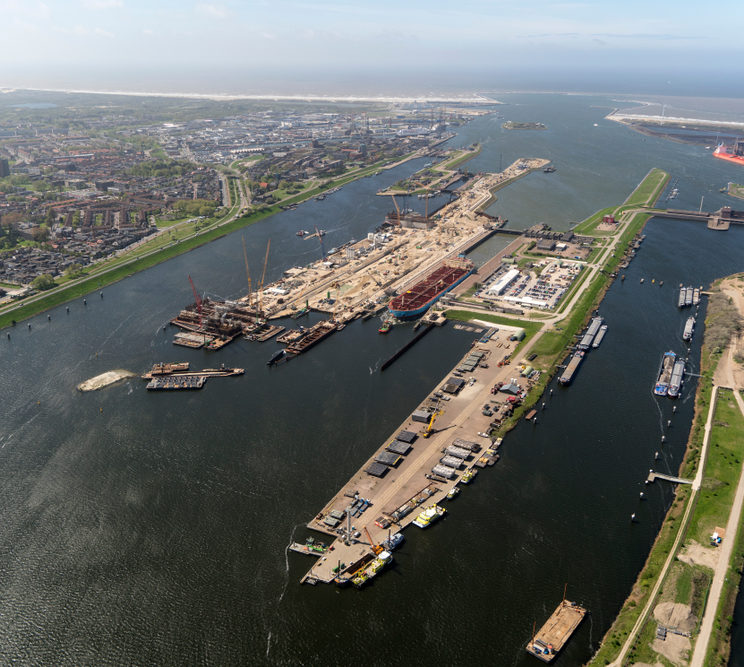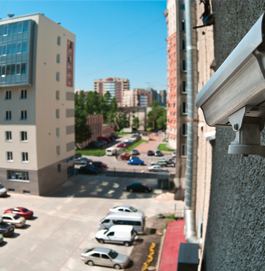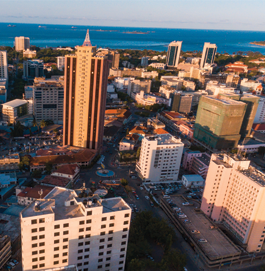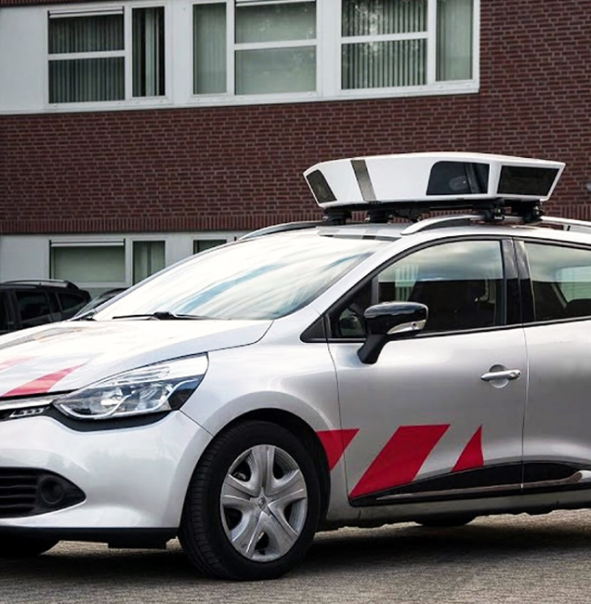The Revision of the Third Energy Package for Gas
Climate change and the ambitions of the green transition envisaged by the European Green Deal and the Fit for 55 Package, as well as Russia’s invasion of Ukraine in February 2022 considerably raise the stakes for decarbonising Europe’s energy. Moving away from natural gas to decarbonised gases such as hydrogen is central both for becoming environmentally sustainable and for becoming more energy independent to ensure autonomy and price stability. In light of these pressing circumstances, the European Parliament Committee on Industry, Research and Energy commissioned Ecorys together with CEPS to conduct a study on the Revision of the Third Energy Package for Gas.
European gas market and establishment of a European hydrogen network
The study investigates the European gas market and the starting point for a common hydrogen network. Specifically, the study team reviewed the lessons learned from the Third Energy Package for Gas and assessed how the proposed rules for its revision, the Hydrogen and decarbonised gas market package, would be an obstacle or an opportunity to foster the uptake of renewable hydrogen. Overall, the package is a step in the right direction of decarbonisation and paving the way for hydrogen and other decarbonised gases. In regard of the existing and proposed unbundling rules, the study finds that alignment with the existing gas market regulations is preferential. In terms of developing a European hydrogen network, repurposing of the existing gas network is generally seen as the most cost-efficient option when feasible. In addition, the team identified the key factors in the uptake of a hydrogen network to be financing options and funding as well as the permitting and regulatory processes.
Gas interconnections
Beyond assessing Europe’s long-term potential in hydrogen, the team investigated the strengths, weaknesses, and opportunities for gas interconnections between the Member States and with third countries to ensure alternative energy supply. Russia’s invasion of Ukraine has led to a process of restructuring the EU’s gas imports with liquefied natural gas (LNG) becoming a key supply source shifting gas flows from West to East. The Member States have mitigated the current supply bottlenecks, for example in North-West Europe and the Iberian Peninsula, by streamlining the expansion of LNG terminals and leasing of new Floating Storage Regasification Units (FSRU), often in record time. Moreover, strengthening gas storage is another key component in providing security of supply. Here the Gas Storage Regulation has been adopted to ensure gas storages are filled and can be shared more easily between Member States.
For more information, please read the report or contact Laura Heidecke or Michael Flickenschild.
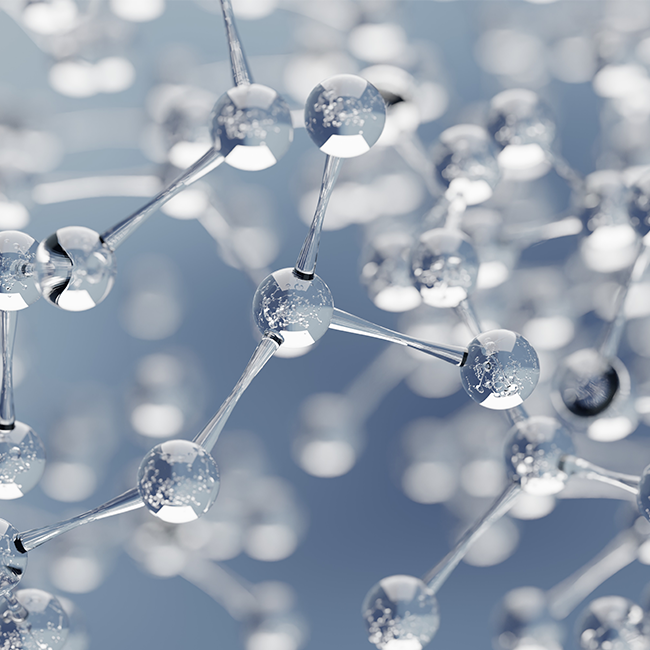
5 August 2022
2 minute read
Sectors
Key Experts
Laura Heidecke
Senior Consultant
Michael Flickenschild
Senior Consultant
